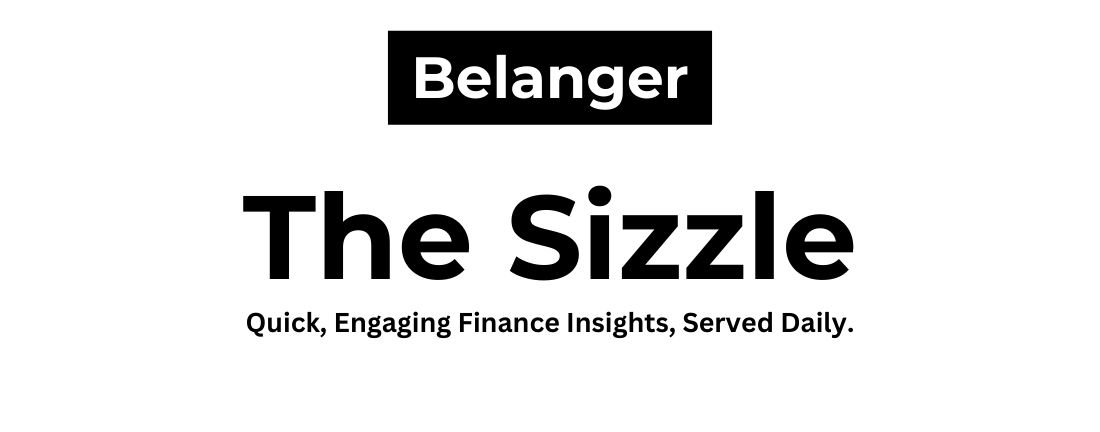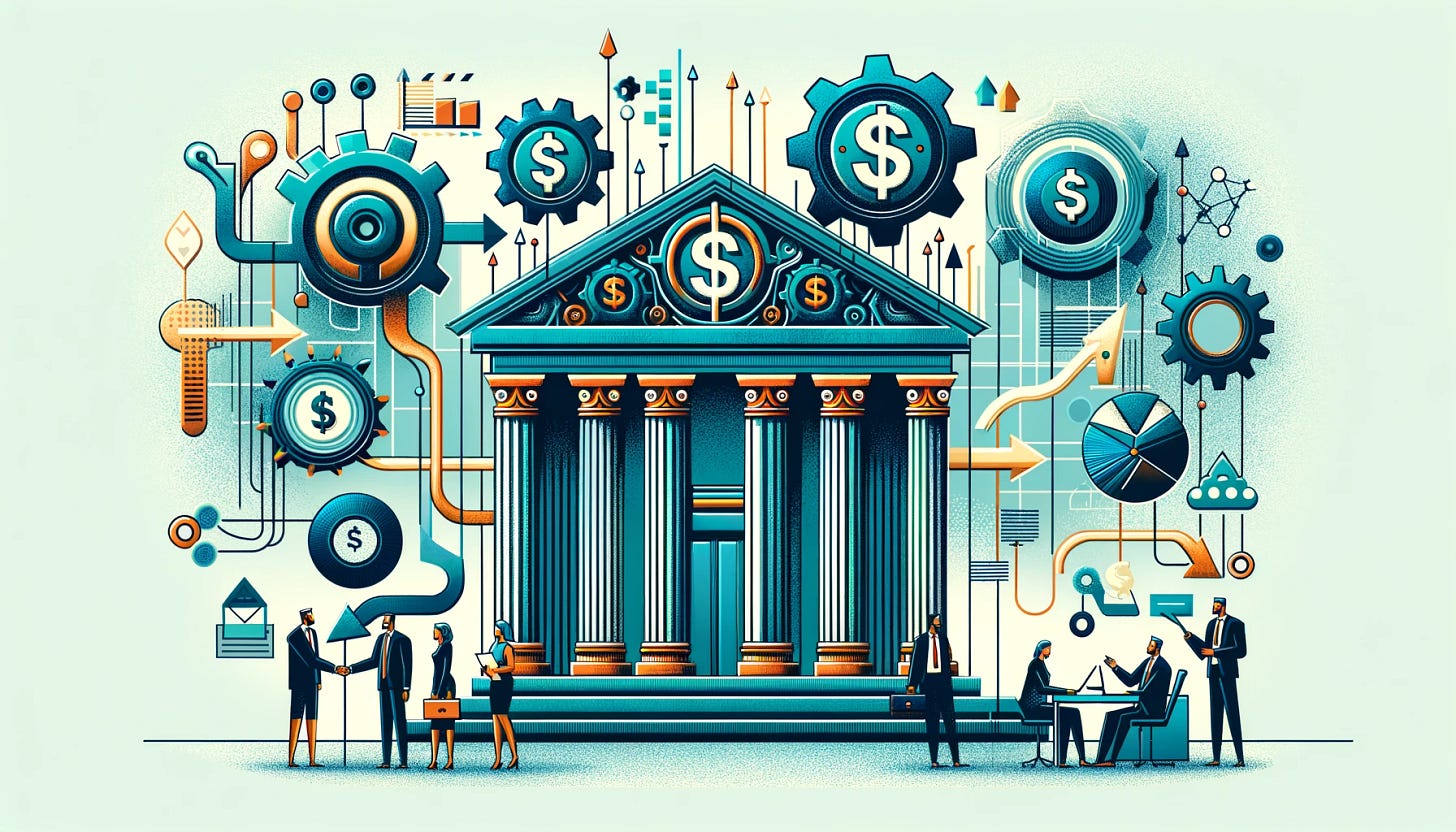Gambling and Banking Tricks
Student Debt with Bets, Drilling for Clean Energy, and Banks' New Financial Maneuvers
Remember when eating out was a treat, not a strategy to save money?
Well, times have changed. Americans are getting super creative to tackle soaring food bills. It's not just about clipping coupons anymore; it's a whole lifestyle shift.
Betting on a Long Shot!
Jamie Regan's TikTok joke about using sports betting to pay off his $50,000 student loan debt went viral, but his plan didn't score a win. This story highlights a growing trend among young adults, especially men, who are trying a "Hail Mary" pass by gambling to tackle their student debts.
The Numbers Game:
Student loans are a heavy load: The U.S. student loan debt skyrocketed to over $1.7 trillion!
Sports betting is on the rise: About 1 in 3 American adults admit to betting on sports, with higher numbers in younger generations.
College students and gambling: With 38 states legalizing online sports betting, it's more tempting than ever for students to bet.
Some success stories exist, like Kale Daniels, who paid off his $7,000 loan through careful betting, but they're rare. For many, like Regan, who lost a bit and ended his betting spree, it's not a reliable solution.
The real score: Experts warn that gambling can be addictive and isn't a smart way to handle student loans. The Problem Gambling Network of Ohio noted an increase in calls from young men after sports betting was legalized.
So, while stories like Regan's might seem tempting, they're more like a shot in the dark than a surefire game plan!
Hot Topic: Fracking for Clean Power!
Oil and gas giants are digging deep into their pockets and the earth, betting big on geothermal energy. Companies like Chevron, BP, and Devon Energy are pumping hundreds of millions into modern geothermal startups. They're swapping oil and gas hunts for underground heat searches, aiming to generate carbon-free electricity.
Drill Down on the Details:
Geothermal's growing appeal: Tech giants like Google want 24/7 renewable power, but wind and solar can't do it alone. Enter geothermal energy!
Old techniques, new goals: Using fracking tech, companies are finding more places to economically generate electricity from underground heat.
Costs are cooling down: Fervo Energy's drilling costs dropped from $9.4 million to $4.8 million per well, aiming for electricity costs around $100 per megawatt-hour.
Big bets on geothermal: Devon is investing $100 million, while BP and others put $182 million into Eavor Technologies. Chesapeake Energy is eyeing Sage Geosystems.
Oil wells could get a green makeover, producing geothermal power alongside fossil fuels. This synergy might speed up the industry's growth.
The bottom line: With 60% of Fervo’s team from an oil-and-gas background, there's expertise in play. And with recent support from Washington, including a $60 million grant, the future of geothermal looks brighter and cleaner.
Banks' New High-Wire Act: Synthetic Risk Transfers
Big U.S. banks are playing a new game called synthetic risk transfer. It's like a financial magic trick used by Morgan Stanley, JPMorgan, and others. They're trying to dodge tight regulations and expensive capital costs. But, there's a catch: it could trip up investors.
The Banking Balancing Act:
Why risk transfer? Banks are stuck between risky lending and costly equity demands from regulators. These transfers let them offload some risks.
How it works: Banks pass the riskiest part of loans to investors, who get paid like bond coupons. It lowers the equity banks need to hold.
What's the cost? Investors want high returns for taking on risks, but it's often worth it for banks.
Investors, take note: Big names like Blackstone are in on it, eyeing deals with giants like Santander. But smaller banks, squeezed by loans and regulations, might join too.
Risks in the shadows: This strategy echoes the pre-2008 credit-default swaps. Banks are safer this time, with upfront money covering losses. But as this trend grows, there's a risk: creative use might backfire, especially if unseasoned issuers and smaller funds jump in.
Regulators are watching: The Fed's setting limits and eyeing the Basel Endgame rules. But state-level banks might be in a gray area.
Bottom line: Banks might not be the ones to burn in these new high-wire acts. Investors and regulators need to keep a sharp eye as these risk transfers become more popular and creative.







This smells like a Milken and Boesky strategy turning the risk into a new form if slippery transfers aka passing a junk bonds onto the investor. Cheez inventing new magic tricks based on jailed fellons way way back to good ole 1994 . My guess they must think we are all suffering from memory loss. The Golden Age of the Junk Bond just got re-tooled!
Many thanks for sharing your eagle eye.
On Student loan debt and gambling The fact remains casinos and sports betting drain the pockets of every player. The house always wins!!
And the player will always loose - gambling addictions destroy lives, families and society. Education should be free and encouraged. We need to educate our young people all of them. If we can achieve this it's a goal to a future of less crime, war, hatred and a world to make the best possible life for every one born free.